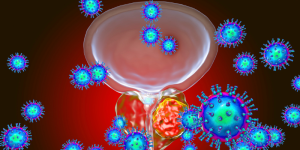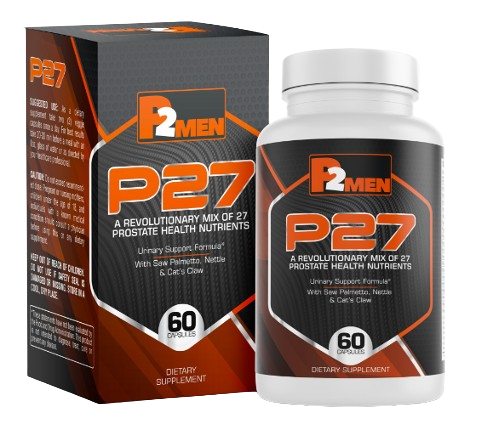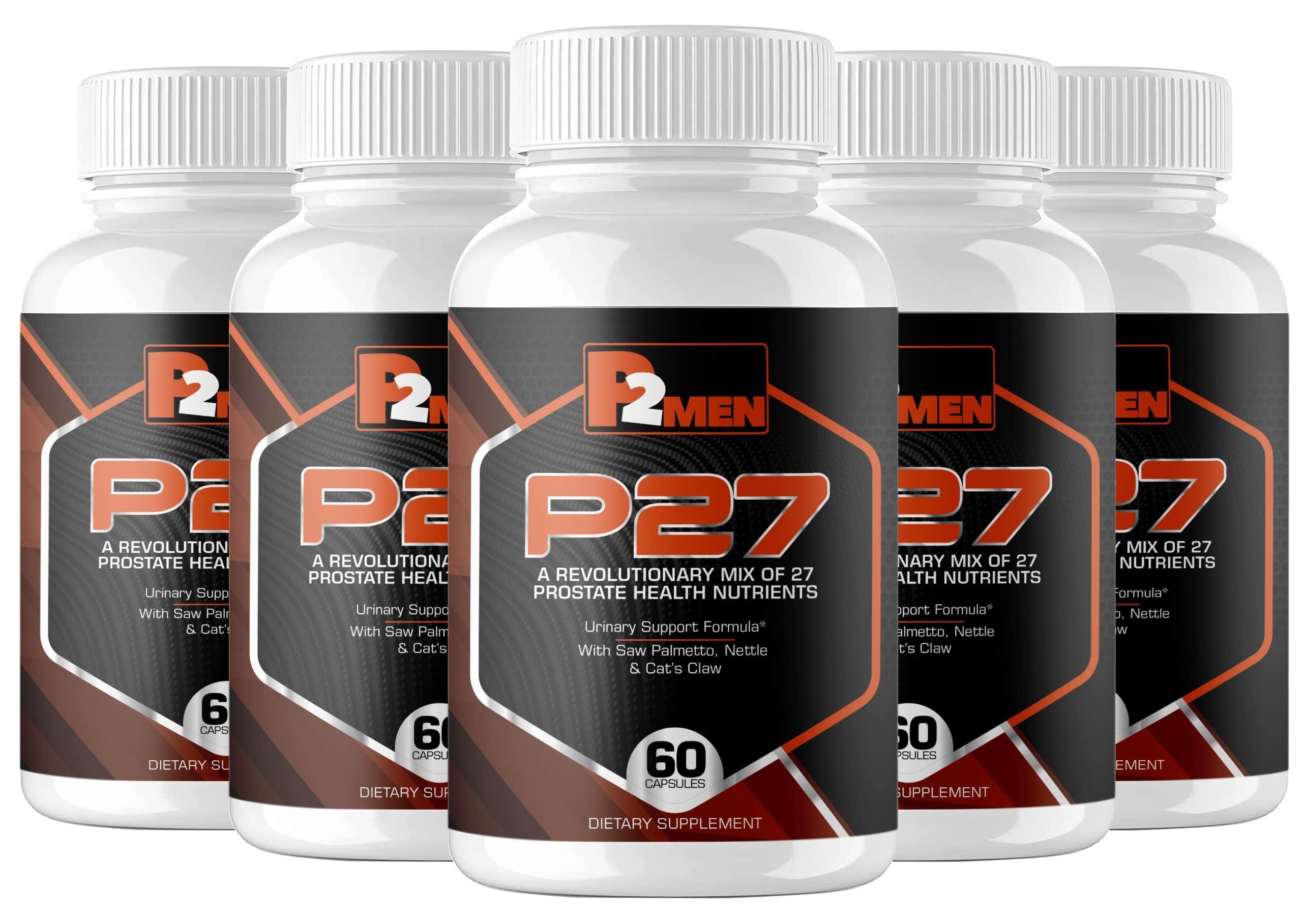Table of Contents
ToggleWhat causes prostate cancer? Understanding this is crucial for prevention and early detection.
It is one of the most common types of cancer among men, making awareness of its risk factors vital for maintaining health.
While the exact cause remains elusive, research has identified several key factors contributing to this disease’s development.
By examining genetic influences, age-related changes, lifestyle choices, environmental factors, and inflammation, we can gain a clearer picture of how prostate cancer develops and what can be done to mitigate risks.
Interesting Facts:
- Men of African ancestry may be at greater risk for prostate cancer according to nature.com
- A typical western diet is high in fats, which has been linked with an increased risk of prostate cancer. According to NCBI.
- Recent studies results ( per The New York Times ) showed a clear correlation between physical activity and a reduced prostate cancer risk.
- According to WebMD, 85% of American men with prostate cancer are diagnosed in the early stages of the disease.
What Causes Prostate Cancer? Genetic Factors and Family History
Genetic factors significantly influence the risk of prostate cancer, particularly when it comes to family history.
If your father or brother has been diagnosed with prostate cancer, your own risk increases notably.
This heightened risk is often due to inherited genetic mutations in genes like BRCA1 and BRCA2, which are also associated with other types of cancers.
Research shows that African American men are more susceptible to prostate cancer than their Caucasian counterparts, highlighting the role of ethnic background in genetic predisposition.
This knowledge underscores the importance of genetic counseling and personalized screening, especially for those with a known family history.
Discussing your family’s medical history with your healthcare provider can help tailor an effective and proactive approach to monitoring and potentially mitigating your risk.
Age and Hormonal Changes
As you age, your risk of developing prostate cancer increases substantially, with a significant rise after the age of 50.
This elevated risk can be linked to a variety of age-related physiological changes, particularly hormonal shifts.
Testosterone, the primary male sex hormone, plays a crucial role in the growth and maintenance of prostate cells.

While not a direct cause of prostate cancer, testosterone can contribute to the proliferation of cancerous cells if they are already present in the prostate.
Additionally, the aging process impacts the body’s mechanisms for regulating cellular functions and repairing DNA damage.
Over time, the accumulation of genetic mutations in prostate cells can lead to the uncontrolled cell growth characteristic of cancer.
Age-related hormonal changes, such as decreased levels of certain protective hormones, may also create an environment more conducive to the development of prostate cancer.
As men grow older, their ability to respond to and repair cellular damage diminishes, further elevating the risk.
Therefore, age not only acts as a marker for increased risk but also reflects underlying biological changes that can contribute to the onset of prostate cancer.
Lifestyle and Dietary Influences
What causes prostate cancer? Your lifestyle choices, including diet and physical activity, play a critical role in influencing prostate cancer risk.
Diets high in red meat and high-fat dairy products have been linked to an elevated risk of prostate cancer.
According to P2men.com, incorporating more fruits, vegetables, omega-3 fatty acids, and prostate supplementation into your diet may offer protective benefits.
Foods rich in antioxidants, such as tomatoes, which are high in lycopene, have shown promise in reducing prostate cancer incidence.

Physical activity is another significant factor.
Regular exercise helps maintain a healthy weight and may also contribute to lower testosterone levels, which could be beneficial in reducing prostate cancer risk.
Obesity, on the other hand, has been associated with a higher risk of more aggressive forms of prostate cancer.
Additionally, the quality of fats in your diet matters.
Opting for healthy fats found in fish, nuts, and olive oil instead of saturated and trans fats can be beneficial.
Alcohol consumption should also be moderated, as excessive intake may contribute to an increased risk.
Adopting these lifestyle and dietary habits not only enhances overall health but may also serve as a strategic approach to mitigating prostate cancer risk.

Environmental Exposures and Toxins
What causes prostate cancer? The risk levels can be influenced by various environmental exposures and toxins.
Certain chemicals found in pesticides, herbicides, and industrial compounds are suspected of elevating prostate cancer risk.
Men employed in occupations such as farming, chemical manufacturing, or those with regular exposure to hazardous substances may be at higher risk.
Emerging research highlights the potential impact of heavy metals like cadmium and lead on prostate cancer development.
These metals can interfere with cellular processes and contribute to carcinogenesis.
Cadmium, commonly found in batteries, certain industrial processes, and even in cigarette smoke, can accumulate in the prostate and disrupt normal cellular functions.
Additionally, air pollution has garnered attention as a possible risk factor.
Studies suggest that long-term exposure to fine particulate matter and other pollutants can induce systemic inflammation, potentially affecting the prostate.
Understanding these environmental risks underscores the importance of protective measures, such as using appropriate safety equipment and reducing exposure to known toxins.
While more research is needed to fully elucidate these connections, awareness of the potential environmental contributors to prostate cancer can inform better practices and regulations aimed at minimizing risk.
Inflammation and Prostate Infections
Inflammation within the prostate has emerged as a significant area of interest in understanding prostate cancer development.
Chronic inflammation, often resulting from conditions like prostatitis, can alter the microenvironment of the prostate, potentially promoting carcinogenesis.
The persistent inflammatory response may cause cellular stress, oxidative damage, and disruptions in normal cellular signaling pathways, contributing to the initiation and progression of cancerous cells.

Additionally, infections in the prostate, particularly those caused by sexually transmitted infections (STIs), have been linked to increased prostate cancer risk.
These infections can incite chronic inflammation, creating a setting conducive to genetic mutations and cellular damage.
It’s not just the inflammation itself but also the body’s prolonged immune response that can inadvertently aid in cancer development.
Some research has pointed to specific pathogens, such as certain strains of bacteria and viruses, that could affect prostate inflammation and subsequent cancer risk.
While the exact mechanisms remain an active area of research, it is clear that a chronic inflammatory state within the prostate can be detrimental.
Maintaining good urological health is essential.
This involves not only regular medical check-ups but also adopting preventive measures to avoid infections.
Simple steps like practicing safe sex and seeking prompt treatment for urological symptoms can mitigate the risk of inflammation-related complications.
By addressing these factors, we can take proactive steps toward reducing the potential for inflammation to contribute to prostate cancer development.






